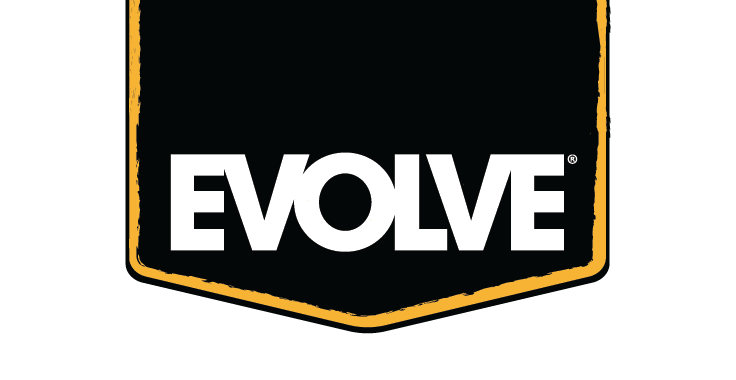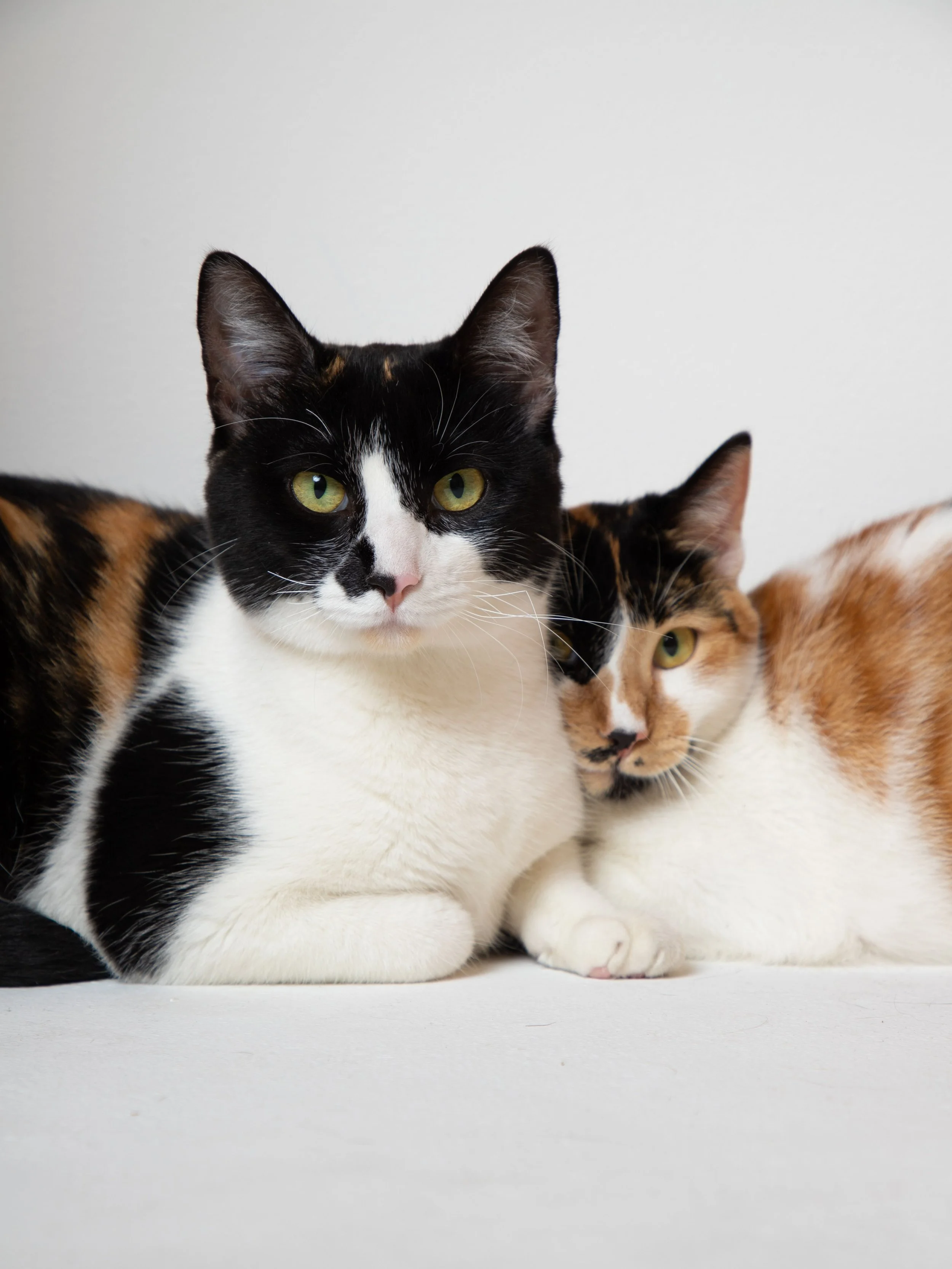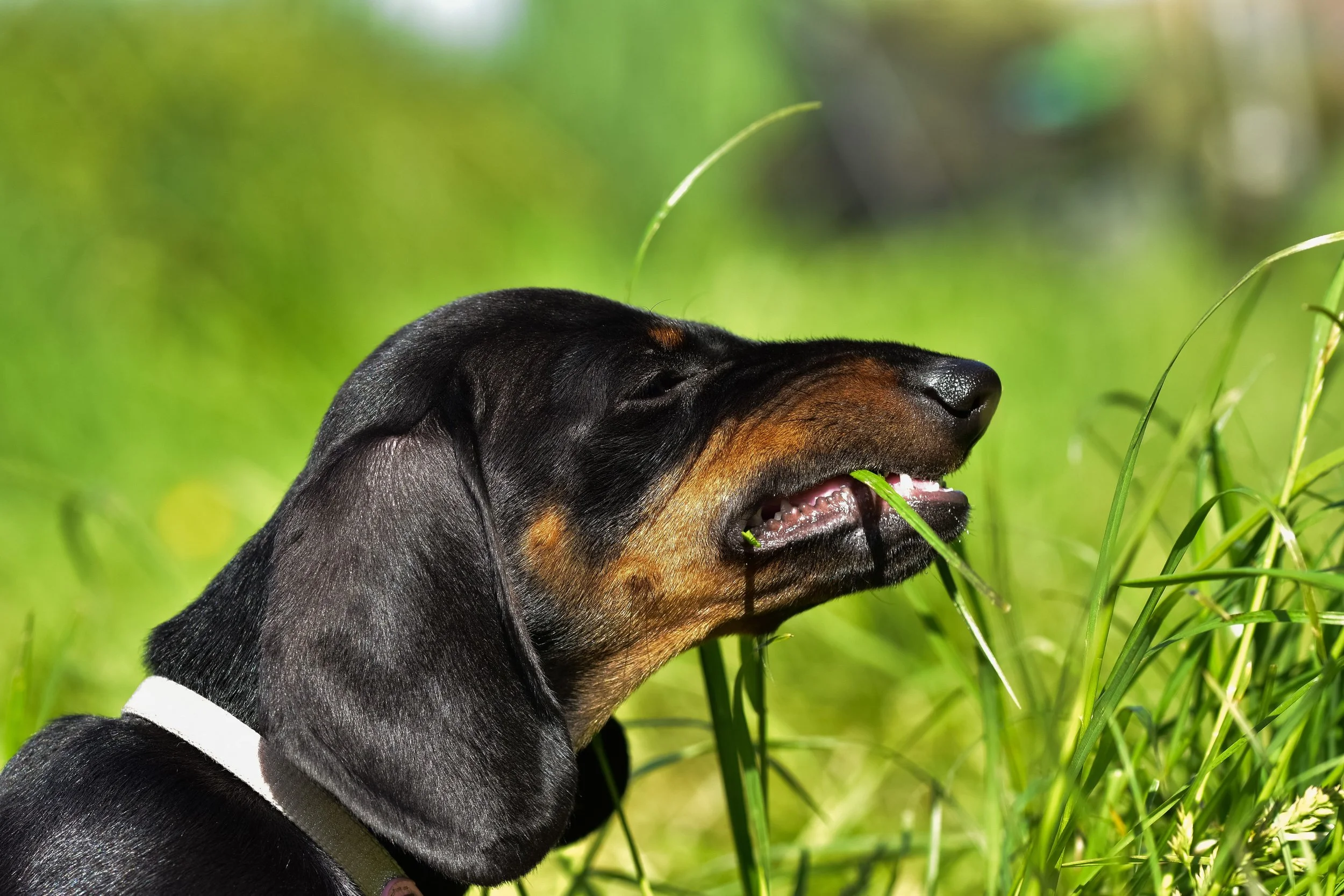How To Get Started with Obedience Training
The beginning stages of adopting a new fur-baby can be daunting and overwhelming! Puppies are constantly learning from socializing with people or other animals, their environment, or from direct training. It is important to get your ducks in a row and set you and your fur family up for success! A proper dog training program is the cornerstone of good behavior in fur babies and many options are available. Below is a puppy training timeline and tips on how to find the proper trainer for your needs.
Basic Puppy Training
We all have questions when stepping into a new experience and becoming a pet parent is no different! You might find yourself questioning your every move when it comes to training your pet but never fear! There are plenty of people who have been in your shoes and have been successful.
So, when do you train your dog to follow the basic cues? When does house-training start? When does leash training begin? What type of classes does your dog need?
Timeline
7-8 Weeks Old
You can start training your puppy as soon as you bring the fluff ball home! Typically, you can take your new addition to the family home when they are about 8 weeks (about 2 months) old. At 8 weeks, your fur-baby will be able to learn to sit, stay, and come as well as start leash training and general handling. These basic cues are the cornerstone to raising a healthy and well-behaved fur-child.
Make the experience fun! Take your fur-baby to pick out a new leash and collar for their leash handling training. A fun new collar will add a little razzle dazzle to the tedious training routine.
8-10 Weeks Old
Once your fur-baby masters the basic commands at their pace, start your pup on crate training. You want your puppy to see a crate as a calming place to feel safe and relax. When you start, bring them into their crate for ten-minute intervals and when they accomplish this in a polite manner, reward your fur-baby with Evolve Jerky Bites! These soft treats can be broken down into smaller pieces for optimal training purposes.
You can also feed them their meals inside the crate, allowing them to associate it with mealtimes. Add a lot of personal smells and favorite toys to add even more comfort and security.
10-12 Weeks Old
Just like with toddlers, the teething stage is less than enjoyable! Around 10-12 weeks old, you will want to enforce the no biting and no jumping rules. These lessons will add to your fur-baby's repertoire of manners. Your pup does not know any better and during this stage, they will try and bite or chew on anything in sight, including smelly shoes, expensive shirts, furniture, and possibly even friends.
12-16 Weeks Old
Accidents happen, of course! But to prevent mishaps, it is important to train your pet in proper potty etiquette. The easiest way to accomplish this daunting task is to maintain a potty-training schedule. Take your puppy out first thing in the morning, after meals, and after playtime and nap time. They should have enough bladder control at this point to learn and hold it until you can take them out. Frequent trips outside allow your pet to associate grass with potty time rather than carpet. Take them out enough that they are already outside when they notice they need to go. This will help you avoid the panic of your dog alerting you of their need to go outside in a hurry.
When your pup goes potty outside, make sure to reward them with an Evolve treat! Rewarding your pet for their good behavior will create positive reinforcement. Save your floors and potty train your dog as soon as they seem ready.
6 Months Old
At six months, puppies start to enter the adolescence stage and this time is the most difficult to train new tricks. It is better to start them young, though "old dogs can still learn new tricks" if you are patient enough! Now is a suitable time to research different training methods, appropriate classes for your pup’s needs, and various instructors. You want to be sure your dog is compatible with the instructor to create a more relaxed and friendly environment for your pup.
Types of training:
At home vs. class: It is up to you to decide where your pup will thrive! Home training might help you and your fur-baby to focus more on each other! Although, group class training helps your dog learn to focus with the distraction of other dogs.
Behaviorist vs trainer: According to the AKC, behaviorists can also be trainers and/or veterinarians, but not always. Trainers are equipped to handle symptoms, but not necessarily the underlying causes of the symptoms. It is important to research or ask fellow pet-parents when you are looking for an instructor that fits your needs.
Types of classes: Most schools have a series of puppy classes and training can progress through AKC STAR Puppy, AKC Canine Good Citizen certification, and advanced obedience classes.
Do you have a new pet? Tag @EvolvePetFood to show your training journey.

























